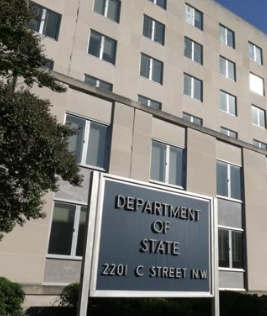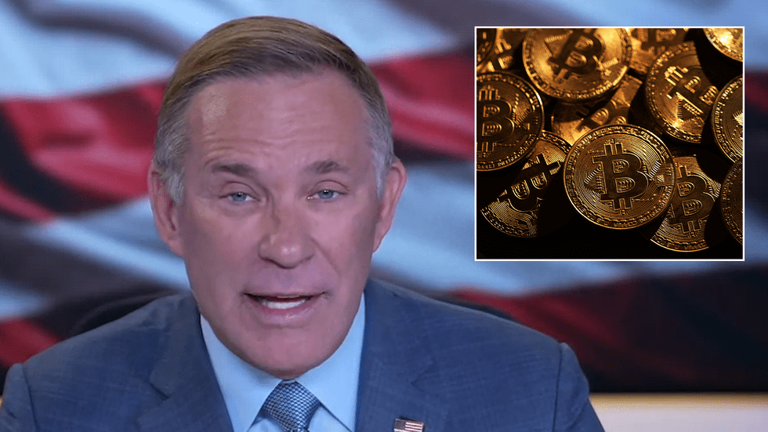In a sweeping move to reshape the U.S. diplomatic corps, the Trump administration has begun firing more than 1,350 employees at the State Department. The move marks one of the largest shake-ups in recent history, sparking concern among foreign policy experts and career diplomats alike.
A Restructuring Rooted in Loyalty and Ideology
According to insiders, the firings target employees seen as not fully aligned with the Trump administration’s foreign policy direction. Critics argue the purge reflects a broader attempt to remake the State Department in Trump’s image—favoring loyalty and political alignment over institutional knowledge and diplomatic experience.
While administration officials claim the move is part of a long-overdue restructuring, many career diplomats say it threatens the agency’s stability and independence.
Diplomatic Community Voices Concern
Former diplomats and analysts warn that mass terminations at the State Department could weaken America’s global standing. Longtime ambassador Richard Haass called the move “an attack on diplomacy itself,” noting that skilled diplomats are essential for crisis negotiation, peace talks, and maintaining strategic alliances.

The firings also leave critical gaps in regional expertise at a time of mounting global tensions, from the Middle East to Eastern Europe and Asia.
Morale Plummets Inside the State Department
Inside Foggy Bottom, morale is reportedly at an all-time low. Many employees describe a culture of fear and uncertainty. “We don’t know who’s next,” said one anonymous diplomat. “People with decades of experience are being shown the door.”
The move follows a pattern of departures and early retirements that began early in Trump’s term. However, this latest wave is more aggressive and coordinated.
The Trump administration’s decision to fire over 1,350 State Department employees signals a dramatic pivot in how the U.S. conducts diplomacy. While some applaud the bold reorganization, critics warn it comes at the cost of deep expertise and institutional memory at a moment when global stability may depend on both.



